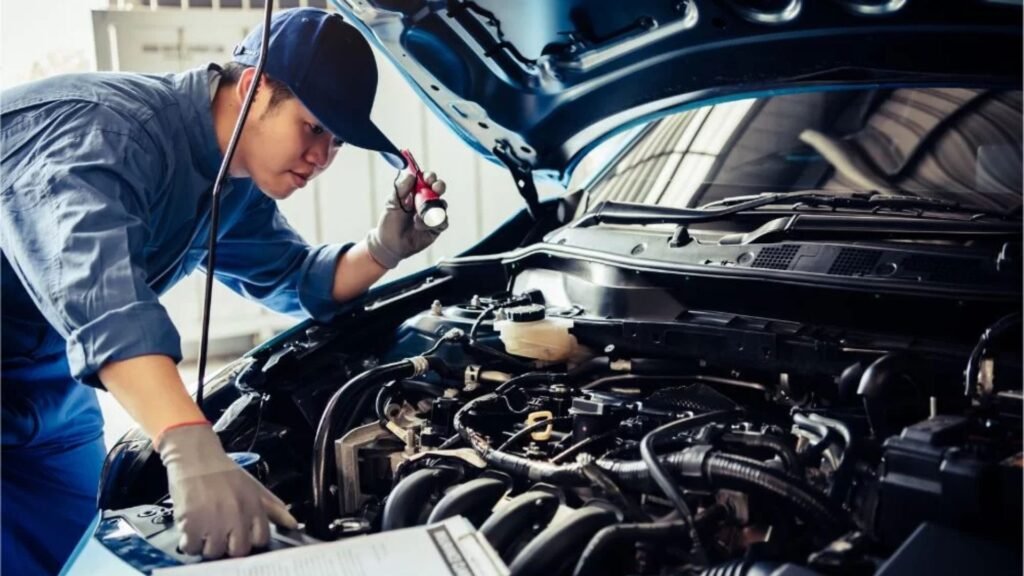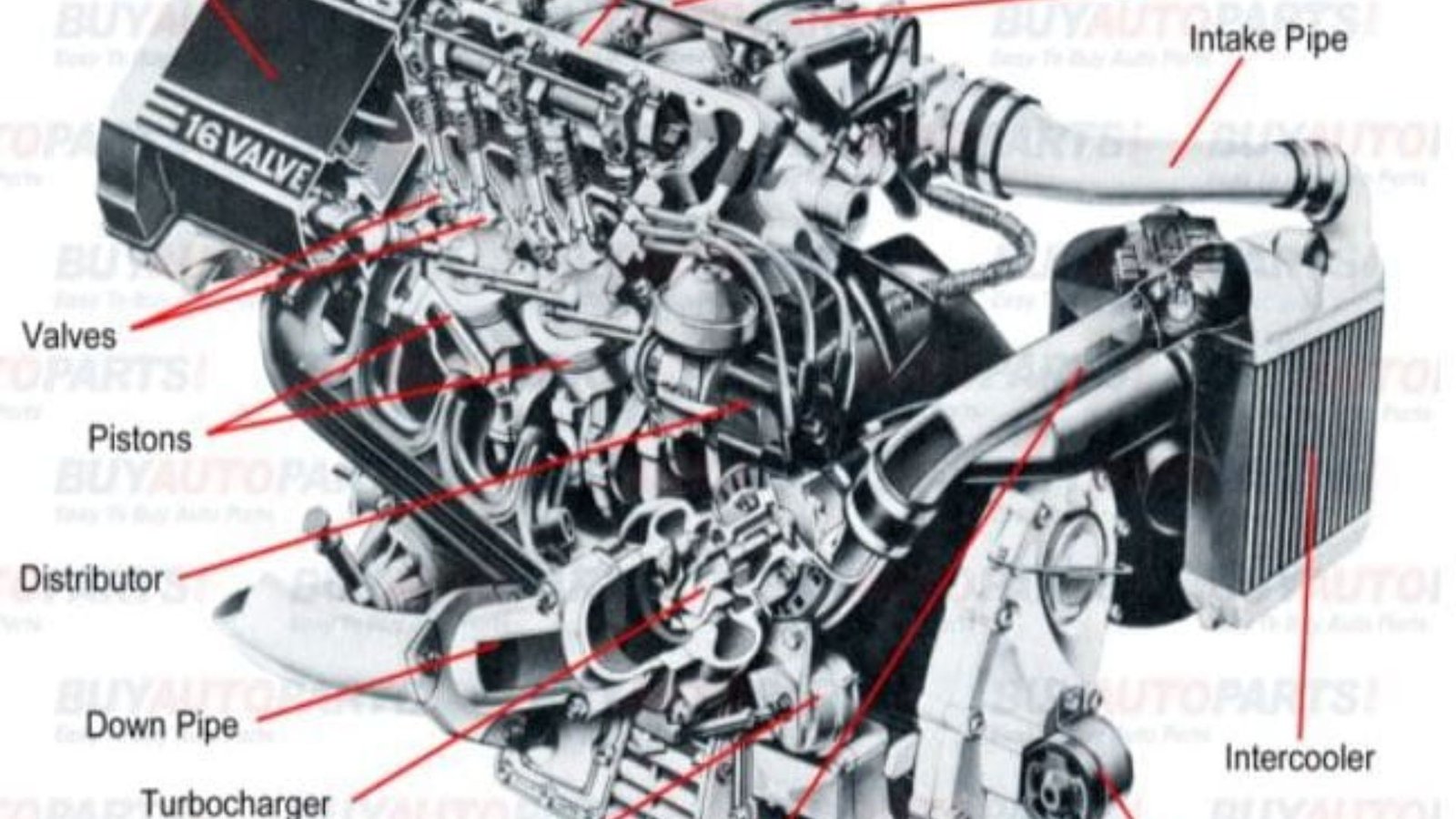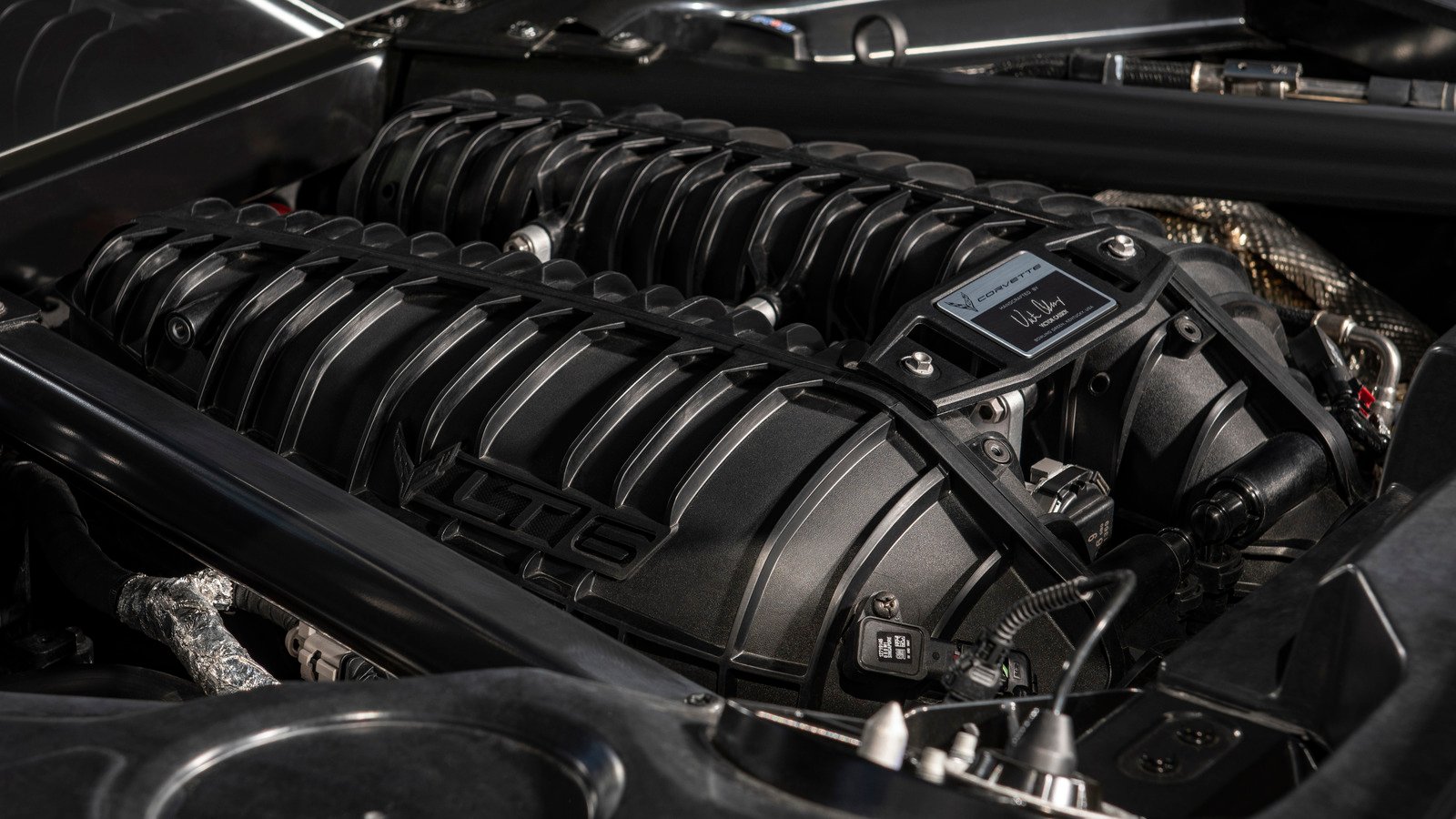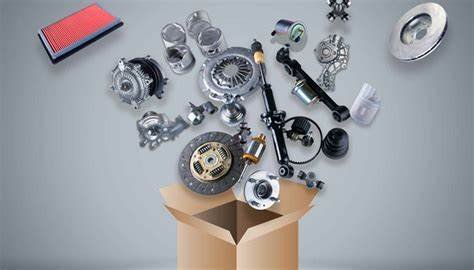Regular engine maintenance is crucial for keeping your vehicle running smoothly and efficiently. It not only ensures that your engine performs at its best but also helps avoid costly repairs and extends the lifespan of your vehicle. Here’s why regular engine maintenance is beneficial and how it can impact your vehicle’s performance and longevity.

1. Enhanced Engine Performance
1.1 Optimal Efficiency
Overview: Routine maintenance keeps your engine in peak condition, ensuring it operates efficiently.
Key Practices:
- Regular Oil Changes: Fresh oil lubricates engine parts and reduces friction.
- Air Filter Replacement: A clean air filter ensures proper air flow and combustion.
Benefits:
- Improved Power: Maintains optimal engine power and responsiveness.
- Better Fuel Economy: Efficient engines consume less fuel and perform better.
1.2 Smoother Operation
Overview: Regular checks help prevent issues that can cause rough running or misfires.
Key Practices:
- Spark Plug Inspection: Replacing worn spark plugs ensures smooth ignition.
- Engine Tune-Up: Periodic tune-ups adjust engine settings for smooth operation.
Benefits:
- Reduced Vibration: Ensures smooth engine performance and minimizes vibration.
- Quieter Operation: Prevents unusual noises and maintains quiet operation.
2. Extended Engine Lifespan
2.1 Prevention of Major Repairs
Overview: Timely maintenance helps identify and address minor issues before they escalate into major problems.
Key Practices:
- Regular Inspections: Routine inspections catch issues like leaks or worn belts early.
- Fluid Checks: Monitoring and topping up fluids prevent overheating and damage.
Benefits:
- Avoids Costly Repairs: Prevents major engine repairs by addressing small issues early.
- Prolongs Engine Life: Regular care extends the lifespan of engine components.
2.2 Better Resale Value
Overview: A well-maintained engine contributes to higher resale value when selling or trading in your vehicle.
Key Practices:
- Maintenance Records: Keep detailed records of all maintenance and repairs.
- Consistent Care: Regular maintenance shows prospective buyers that the vehicle has been well cared for.
Benefits:
- Increased Value: A documented maintenance history can boost the vehicle’s resale value.
- Attracts Buyers: A well-maintained engine is more appealing to potential buyers.
3. Improved Fuel Efficiency
3.1 Efficient Fuel Use
Overview: Maintaining your engine ensures it operates efficiently, which can improve fuel economy.
Key Practices:
- Engine Tune-Ups: Regular tune-ups optimize fuel injection and combustion.
- Tire Maintenance: Properly inflated tires reduce drag and improve fuel efficiency.
Benefits:
- Cost Savings: Better fuel efficiency reduces the cost of fuel over time.
- Environmental Impact: Improved efficiency lowers emissions and is better for the environment.
3.2 Reduced Emissions
Overview: A well-maintained engine produces fewer harmful emissions, benefiting both the environment and vehicle performance.
Key Practices:
- Emission System Checks: Regularly inspect and maintain the emission control system.
- Fuel System Maintenance: Ensure the fuel system is clean and functioning properly.
Benefits:
- Cleaner Air: Reduces the vehicle’s impact on air quality.
- Regulatory Compliance: Helps ensure the vehicle meets emissions standards.
4. Increased Safety
4.1 Reliable Operation
Overview: Routine maintenance ensures that your engine is reliable and reduces the risk of breakdowns.
Key Practices:
- Battery Checks: Regularly check the battery’s condition and charge.
- Cooling System Maintenance: Ensure the cooling system is functioning to prevent overheating.
Benefits:
- Avoids Breakdowns: Reduces the risk of engine failure and roadside emergencies.
- Enhanced Safety: A well-maintained engine contributes to overall vehicle safety.
4.2 Better Handling and Control
Overview: Proper engine maintenance contributes to smoother driving and better handling.
Key Practices:
- Transmission Service: Regular transmission maintenance ensures smooth gear shifts.
- Brake Checks: Regularly inspect and maintain brakes for optimal performance.
Benefits:
- Improved Handling: Ensures the vehicle handles and responds as expected.
- Safer Driving: Enhances control and stability on the road.
5. Cost Savings
5.1 Avoids Unexpected Costs
Overview: Preventative maintenance helps avoid unexpected repair costs and prolongs the life of your vehicle.
Key Practices:
- Scheduled Maintenance: Follow the manufacturer’s recommended maintenance schedule.
- Early Repairs: Address small issues before they become major problems.
Benefits:
- Lower Repair Costs: Regular maintenance prevents costly emergency repairs.
- Better Budgeting: Helps manage maintenance costs and reduces the risk of unexpected expenses.
5.2 Increased Reliability
Overview: A well-maintained engine is more reliable, leading to fewer issues and a more predictable driving experience.
Key Practices:
- Consistent Checks: Regularly inspect and maintain all engine components.
- Professional Service: Seek professional help for complex maintenance tasks.
Benefits:
- Reduced Downtime: Fewer breakdowns and repairs mean more time on the road.
- Peace of Mind: Provides confidence that your vehicle is reliable and safe.
Conclusion
Regular engine maintenance offers numerous benefits, including enhanced performance, extended lifespan, improved fuel efficiency, increased safety, and cost savings. By adhering to a consistent maintenance schedule, addressing minor issues promptly, and keeping your engine in optimal condition, you can ensure a reliable and efficient driving experience. Investing in regular maintenance not only protects your engine but also contributes to the overall health and value of your vehicle.




